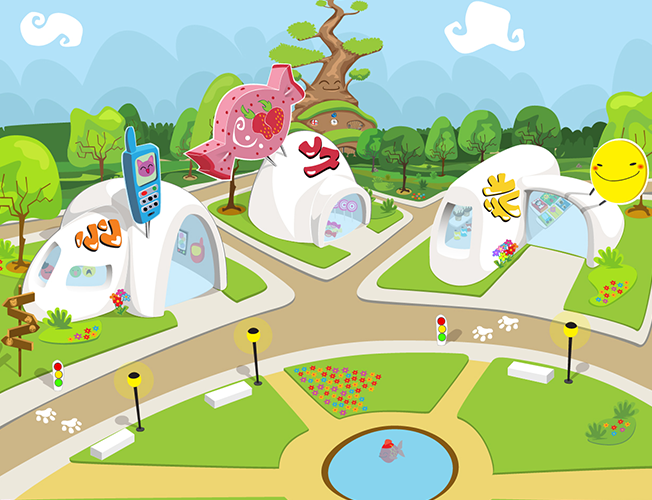

To this end, the advent of Rapid Diagnostic Tests has had a particularly profound effect in tackling malaria. Education and, crucially, early testing, are therefore as fundamental to future gains against the disease as the continuing spread and replenishment of bed-nets. Climate change is increasing the geographical areas in which malaria becomes a risk, with high altitude regions especially vulnerable. The fast reproduction rate of mosquitos allows them to develop swift immunity to insecticides and preventative drugs.

The nets and the treatment together are providing a powerful “one-two punch” that is proving effective in reducing and controlling the disease.ĭespite this, victory over a disease so pernicious as malaria will be hard won. Where bites and infections still occur, donations of the life-saving treatment Coartem from the Novartis Foundation have further contributed to malaria declines in the Millennium Villages. Heavily supported by the Global Fund, well over 300 million nets have since been distributed, and these have been paramount to efforts to combat the disease throughout Africa. This experience inspired many national governments, as well as the World Health Organisation, to make free, universal bed-net distribution a cornerstone of public health policy. Supported by our partners at Sumitomo Chemical, our pioneering drive to deliver free, long-lasting, insecticide treated bed-nets to over 400,000 sleeping sites across the Project spurred major declines in the burden of malaria in rural communities. Tackling malaria has thus been a key part of the Project’s multi-sector approach to fighting extreme poverty. The Project was established to demonstrate how even some of the poorest and most remote communities can reach the UN’s Millennium Development Goals, among them combating HIV/AIDS, malaria and other diseases (MDG 6). The Millennium Villages Project has been operating in 10 countries in sub-Saharan Africa since 2005, assessing and addressing the needs of poor rural residents from energy, water and agriculture to health, education and business development. Whilst much remains to do, this is a terrific achievement, and the Millennium Villages Project has had an influential role in the story. The World Health Organisation estimates that global efforts to control and eliminate malaria have saved around 3.3 million lives since 2000, reducing malaria mortality rates by 42% globally and 49% in Africa. Poverty in turn hampers treatment and prevention.ĭespite this bleak outlook, real progress is being made. The frequent bouts of malaria don’t just kill, they also reinforce poverty, keeping adults from working and young students from attending school. The numbers speak for themselves: over 650,000 people still die every year from what is a wholly preventable disease, with over 90% of these deaths occurring in Africa, the majority being young children. World Malaria Day is simultaneously an opportunity to reflect on progress made in fighting the disease over recent years, and to remember how stark the threat remains.


‘We reproach regimes for being corrupt, but we corrupted them ourselves’ – Gérard Chaliand.Fallism and restitution: Removing racist statues and returning looted art objects.The 100 Most Influential Africans of 2020.Voices of African women during the time of Covid.African authors – writing for the world.The overthrow of Gaddafi lit the tinderbox in the Sahel, says Mohamed Ibn Chambas.What lies behind Mozambique’s deadly insurgency?.Nigeria and Africom: The dangers of ceding sovereignty.‘What we have is an “executocracy”, not a democracy’ – Sam Jonah.Showmax – the great African storyteller.Private sector role vital for food security in Africa.Who is to blame for vaccine inequality?.Ethiopia – only African solutions can resolve crisis.Creating the African dream: African youth speaks.Chimamanda Adichie: There are many ways for youth to organise for change.Africa is not getting its fair share of global climate finance.Nigeria: Politics ‘as usual’ is no longer fit for purpose.François Hollande: “France is concerned by what is happening in the East, but it looks to the South”.Nigeria: King Oil is dying, arise Prince Tech.France and Western forces pull out of Mali, leaving a dangerous vacuum.


 0 kommentar(er)
0 kommentar(er)
